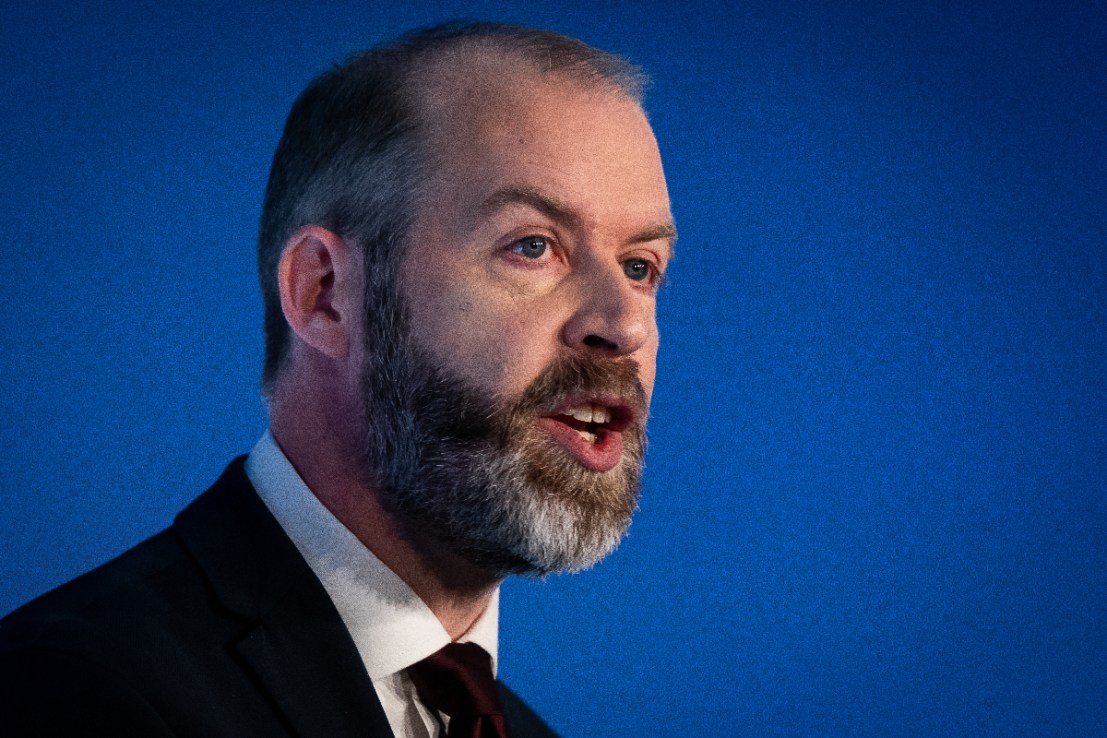Building societies demand a say on government’s industrial strategy
A group of Britain’s biggest building societies and mutuals have demanded a seat on the council shaping the government’s industrial strategy as ministers prepare to unveil a team of executives to oversee the plans. In a letter to business secretary Jonathan Reynolds, seen by City AM, a group of four trade groups including the Association [...]


A group of Britain’s biggest building societies and mutuals have demanded a seat on the council shaping the government’s industrial strategy as ministers prepare to unveil a team of executives to oversee the plans.
In a letter to business secretary Jonathan Reynolds, seen by City AM, a group of four trade groups including the Association for British Credit Unions and Building Societies Association have called for customer-owned companies to have a voice on the plans due to the “key role” they play in the UK economy.
Co-operatives and mutuals are member-owned businesses that look to benefit the people who use them or work in them, rather than shareholders. Across the UK, they have combined revenues of some £165.7bn and include lenders like Nationwide and groups like The Co-Op.
Under plans announced alongside the flagship Investment Summit last week, ministers said they will put a new industrial strategy council on a statutory footing to give it similar clout to bodies like the Office for Budget Responsibility and the Committee on Climate Change.
The group of mutuals and co-operatives said their sector deserves representation in the group due to the fact they “reinvest in communities” and continue operating when “shareholder-owned businesses withdraw”.
“These businesses face different challenges, and given the urgent need for economic growth, need to be represented on the Industrial Strategy Council,” the bodies, which also included the Association for Financial Mutuals, the Employee Ownership Association and Co-Operatives UK, wrote.
However, the business secretary has failed to respond to the request in late September despite announcing the launch of the group last week. Clare Barclay, chief of Microsoft UK, will head the new council, but its full membership is yet to be confirmed.
The body is set to play a key role in shaping the roll out of the industrial plan after years of calls for a more concrete strategy on UK industry.
The strategy focuses on eight sectors where government believes the UK has a competitive advantage over rivals: creative industries, financial services, advanced manufacturing, professional services, defence, tech, life sciences and clean energy industries.
Speaking on its launch last week, Chancellor Rachel Reeves said the new council under Barclay would “hardwire stability and long-termism into our plan from the start”.
A spokesperson for the department for business and trade told City AM the industrial strategy is a “vital part of our mission for economic growth” and would give firms “confidence to invest for the next 10 years and beyond”.
“The first Council meeting and announcement of full membership is expected in the coming weeks,” the person added.



